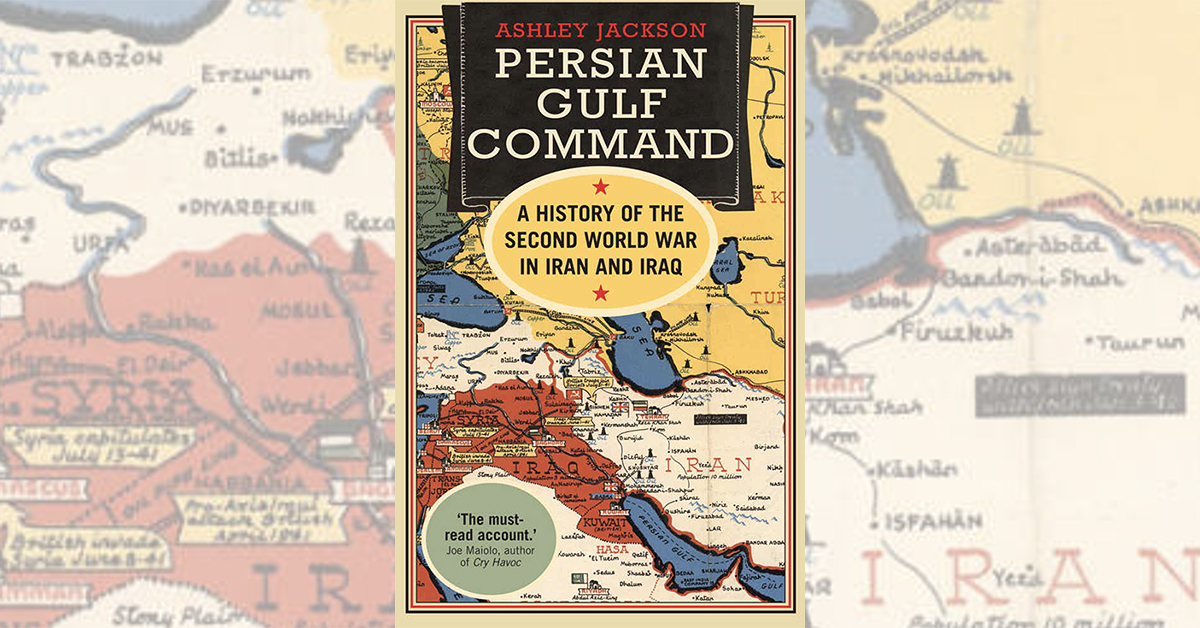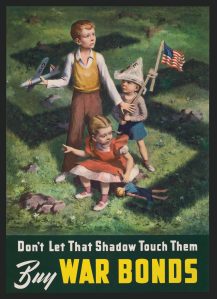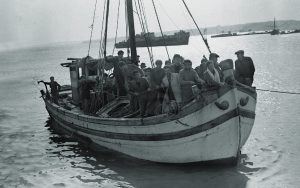Persian Gulf Command: A History of the Second World War in Iran and Iraq, by Ashley Jackson, Yale University Press, New Haven, Conn., 2018, $30
The course of World War II in Egypt and North Africa has been well documented by an endless flow of books and papers, but what happened in Iran and Iraq has been largely overlooked, for there were no epic advances, no disastrous retreats, and no Bernard Law Montgomery or Erwin Rommel to hold center stage. Yet that was the theater in which the United States, Britain and Soviet Russia fought alongside one another.
Had Britain not prevailed in the May 1941 Anglo-Iraqi campaign, it would have lost its position in the region, its oil supplies, even access to India. At the same time Germany let a golden opportunity slip by failing to fully support Rashid Ali al-Gaylani, the anti-British Iraqi prime minister. In Winston Churchill’s estimation, “Hitler certainly cast away the opportunity of taking a great prize for little cost in the Middle East.”
With the German threat diminished to the point of inconsequence, the United States and Britain devoted their attention to the transport of military aid bound for Russia. The Allies accomplished extraordinary feats of road construction and maintenance, as day and night convoy after convoy surged north from the Persian Gulf, while others panted their way from Karachi. Add to this difficulties caused by rain, snowdrifts, dust storms and temperatures ranging from minus 25 to 120 degrees.
Maintaining morale was another major challenge. Drawing on U.S. archives, author Ashley Jackson offers a fascinating glimpse into the issues affecting the lives of everyday soldiers in the Iran-Iraq theater. The availability and quality of food was a common complaint, one soldier writing, “What in the name of God do you think we guys have, anyway, cast-iron stomachs?” Another beef centered on the privileges enjoyed by officers, with whom, for example, female nurses were allowed to associate—such delights available to enlisted men on a much-diminished scale, if at all.
The last two years of the war saw the Allies increasingly at loggerheads. To the north the Soviets fastened their grip, while in the south the British expected to resume control as if nothing had changed, and the Americans were determined to fashion a new world order. Jackson charts the intense Allied military activity in Iran and Iraq and reveals how deeply the war affected people’s everyday lives. He also shares revelations about the true nature of Anglo-American relations in the region, the roots of the Cold War and the continuing legacy—good and bad—of Western influence in the region.
—David Saunders





